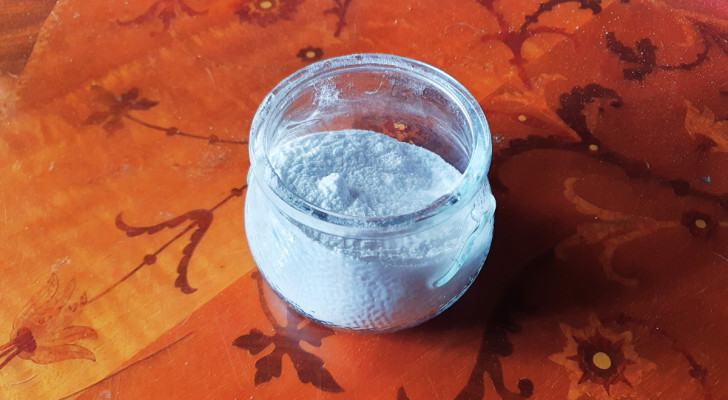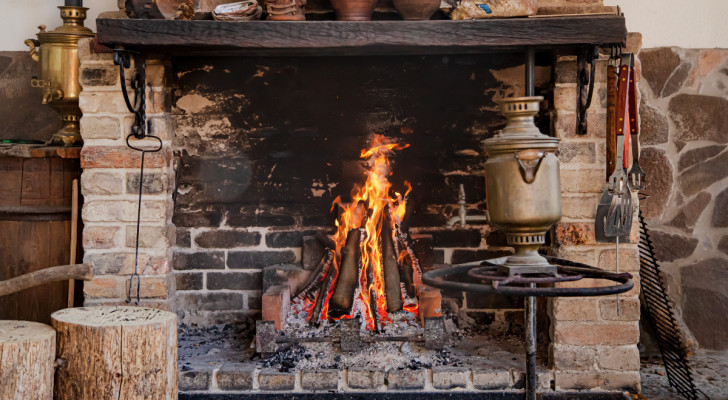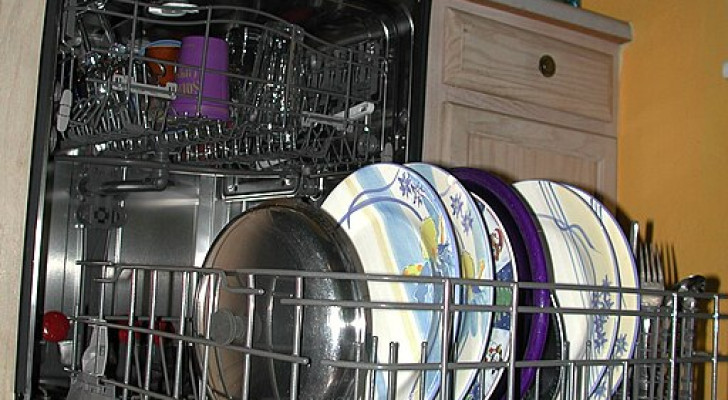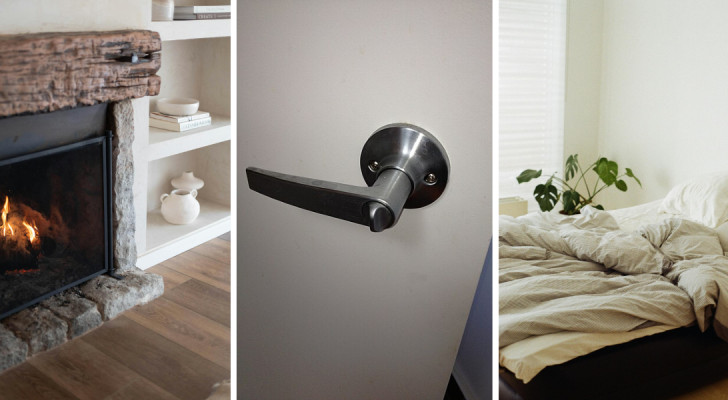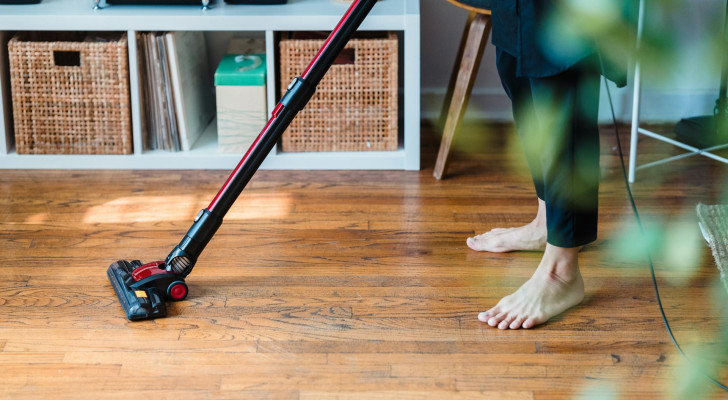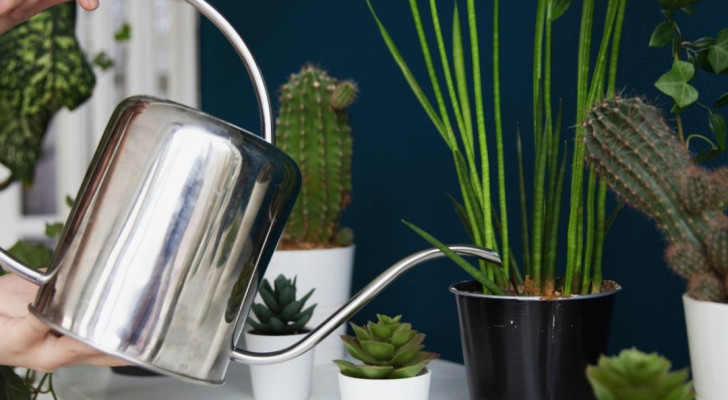Floor joints: the most effective methods and tools to clean these perfectly
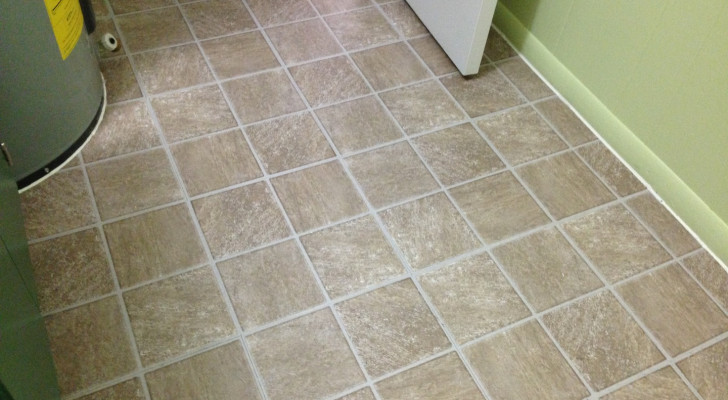
Advertisement
For good home hygiene, joints in the flooring need to be kept as clean as the flooring itself. However, cleaning these floor joints can be challenging and expensive (requiring "special" detergents) - but not if you follow the tips detailed below!
DIY remedies for cleaning floor joints
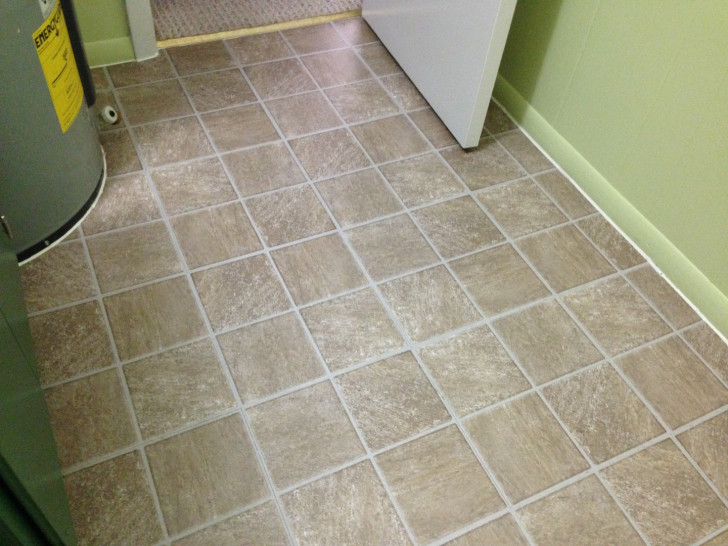
As mentioned, buying special detergents for cleaning floor joints can be tough on your wallet. That said, you can try out some much less expensive, DIY remedies which should give you great results:
- Sodium bicarbonate: without a doubt, this is one of the best whitening remedies you can use on blackened floor joints. For moderate dirt, you can dilute 50 grams of sodium bicarbonate in 500 ml of warm water (for heavy soiling/blackening, increase the dose by creating a thick paste using 100 grams of sodium bicarbonate in 200 ml of water). In both cases, apply the solution/paste directly to the floor joints and scrub thoroughly with a toothbrush; leave to act for at least 30 minutes before rinsing off with plenty of water and a floor rag;
- White vinegar: in addition to having great cleaning and degreasing power, white vinegar can be used to sanitize the floor joints. Apply a solution of equal parts vinegar and warm water (or just use neat vinegar stubborn dirt) directly directly to the joints and leave this solution to act for at least 30 minutes before rinsing off with plenty of warm water, (use a toothbrush to scrub away stubborn spots of dirt, if necessary);
- Hydrogen peroxide is great for removing mold from between the joints of your flooring. Use 10 volumes (3%) hydrogen peroxide and apply it to the floor joints with a toothbrush, scrubbing gently. Alternatively, you can apply the hydrogen peroxide using cotton wool balls; leave the hydrogen peroxide to act for at least 1 hour before scrubbing with a toothbrush and rinsing off thoroughly.
Advertisement
Useful tools for cleaning floor joints
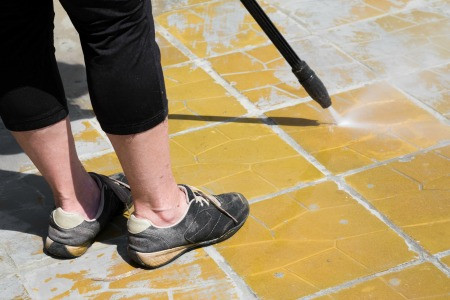
Peachtree Pressure Washing/Flickr
In addition to the above all-natural remedies, there are various tools that can help you clean floor joints, with varying levels of effectiveness:
- Steam cleaners: this is the perfect solution for those who have pets, children or delicate, natural stone floors. , Some models are equipped with a specific accessory for cleaning grouting and are very useful if you want to avoid using aggressive chemicals. This tool can be very useful for routine cleaning but is less effective for the removal of stubborn dirt;
- Specialist detergents: there are numerous commercial grout/joint detergents on the market and, irrespective of price, most contain aggressive chemical compounds (making them unsuitable for use on delicate surfaces and natural stone). These products are very effective but they can be risky to use (and cause extensive damage if used incorrectly);
- Grout pens: finally, grout pens are very handy and easy to use. Be advised, however, that grout pens do not remove dirt from your grouting - they simply cover the dirt up and, therefore, should be considered as a temporary solution (typically used only in an emergency or if all other methods have failed). Be sure the color of the pen matches the color of your grouting.
How do you clean the joints in your floors?
Advertisement
